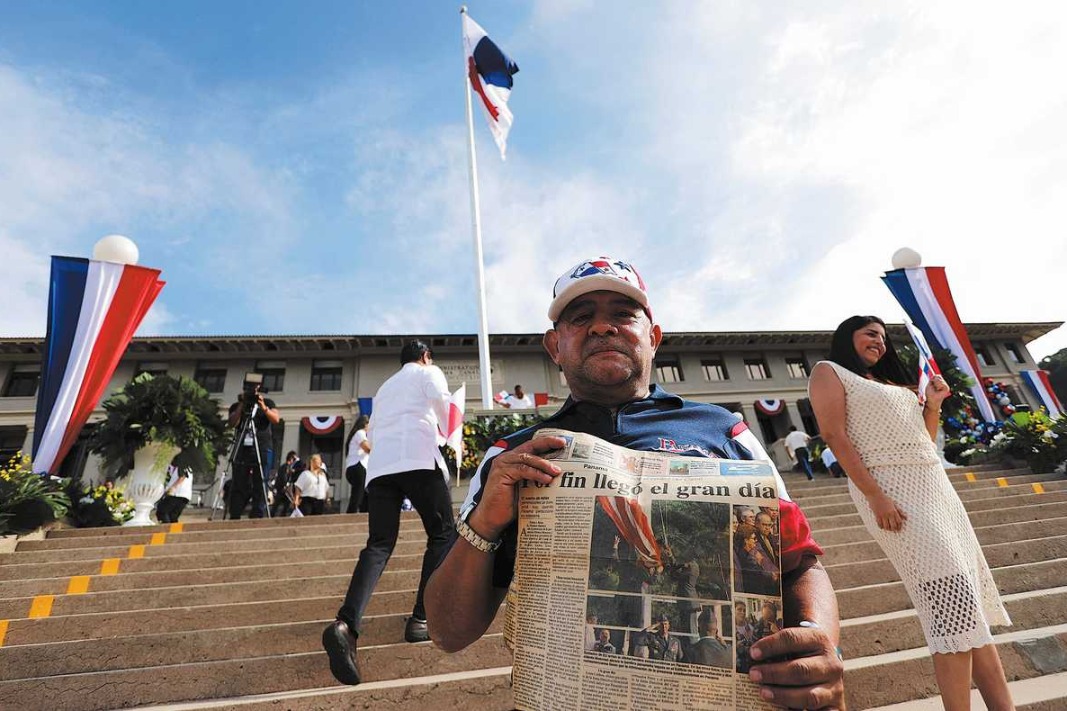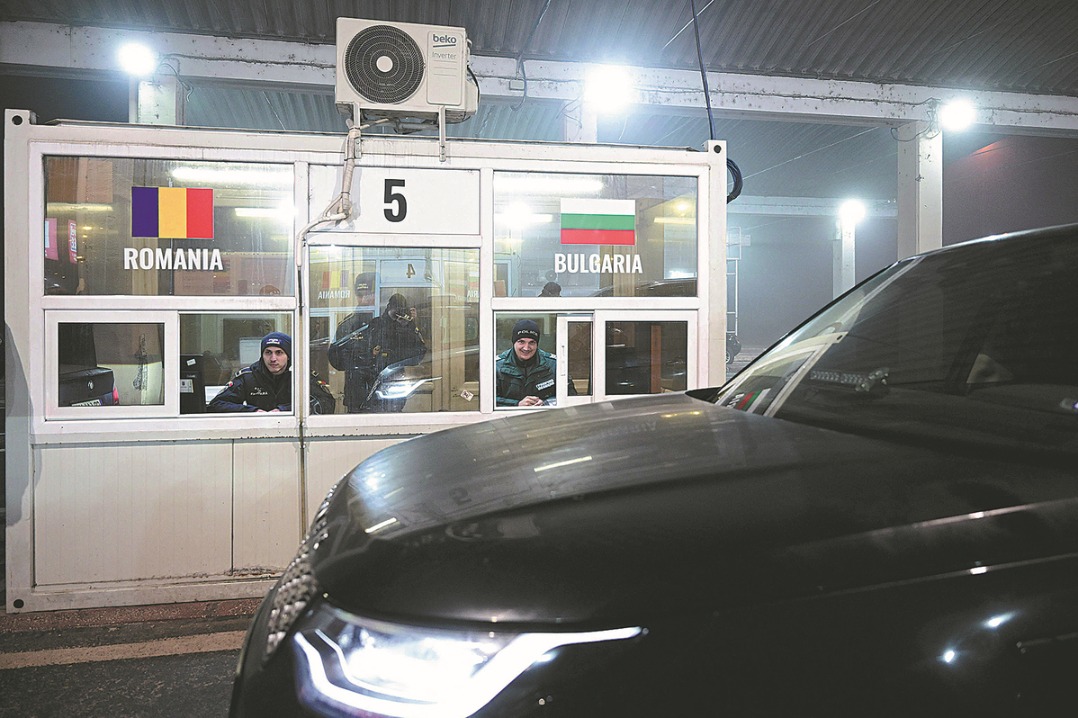British government announces plan for plastic bottle deposit scheme

LONDON - A deposit return scheme for plastic bottles to help reduce waste was announced Wednesday by the British government.
It follows alarm over the amount of plastic waste ending up in the oceans, harming marine life.
The Department for Environment, Food and Rural Affairs (Defra) said British consumers go through an estimated 13 billion plastic drinks bottles a year. More than 3 billion are incinerated, sent to landfill waste sites, or left to pollute streets, countryside and marine environment.
A bottle deposit return scheme to increase recycling rates and slash the amount of waste polluting land and seas will be introduced subject to consultation later this year, Defra said.
Similar schemes already operate in countries such as Denmark, Sweden and Germany.
A deposit return scheme sees consumers pay an up-front deposit when they buy a drink, ranging from just over 11 US cents in Sweden to 32 US cents in Germany. Deposits are redeemed on return of empty drink containers. Possible variants of a deposit return scheme include cash rewards for returning drinks containers without an upfront deposit, said Defra.
Environment Secretary Michael Gove said: "Plastic is wreaking havoc on our marine environment, killing dolphins, choking turtles and degrading our most precious habitats. It is absolutely vital we act now to tackle this threat and curb the millions of plastic bottles a day that go unrecycled."
Defra said its new announcement is the latest move in the government crackdown on plastic, following the plastic microbeads ban hailed as one of the world's strongest bans and the 5 pence (7 US cents) plastic bag charge which has led to 9 billion fewer bags distributed.
Defra added: "Plastic bottles and drinks containers have a significant impact on the environment, with discarded food and drink containers making up at least a fifth of rubbish on beaches. There are over 150 million tonnes of plastic in the world's oceans and every year one million birds and over 100,000 sea mammals die from eating and getting tangled in plastic waste."
The move was welcomed by famous writer Bill Bryson, author of Notes from a Small Island and a former president of Campaign to Protect Rural England.
Bryson said: "Future generations will look back on this decision as a piece of supremely enlightened policymaking, and one that raises the prospect of the world's most beautiful country becoming free from drinks container litter at last."

































